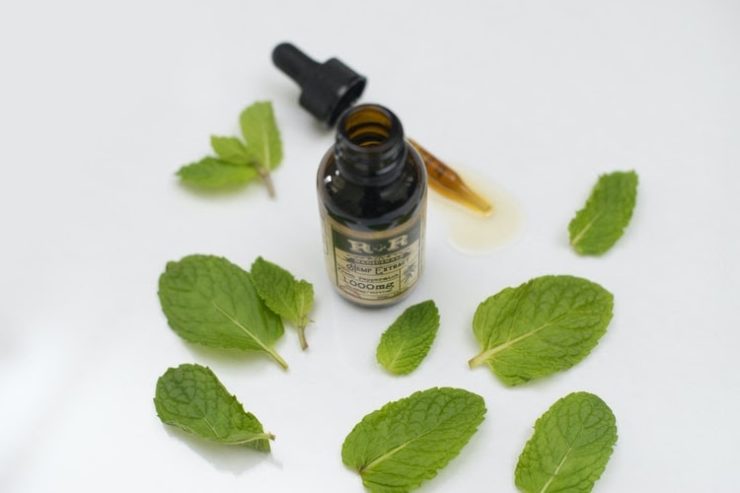 CBD has shown promise in many medical applications and hence found its way into a wide range of products. Despite its growing use, CBD is often misconstrued as weed. This article will set the record straight and cast out the myths.
CBD has shown promise in many medical applications and hence found its way into a wide range of products. Despite its growing use, CBD is often misconstrued as weed. This article will set the record straight and cast out the myths.
What is CBD?
CBD, short for cannabidiol, is one of the hundreds of compounds (cannabinoids) that have been identified in the Cannabis Sativa plant. Cannabidiol is the second most active ingredient, behind THC (delta-9-tetrahydrocannabinol), the stuff that gets you stoned. CBD, however, is not psychoactive and therefore will on its own, not get you high. It is generally considered safe if it contains less than 0.3% THC.
CBD is extracted from hemp, a variety of cannabis that contains very little THC content and is available in many forms, including oil, pill, and powder form. Cannabidiol can be ingested, absorbed through the skin, or inhaled. Avoid vaping it, however, as this practice has been linked to lung disease and other respiratory complications.
How is it Extracted
Of the forms of CBD mentioned above, the most prevalent is oil. Nearly all CBD products contain CBD oil, often called hemp extract. The following are the methods used to obtain this extract.
Carbon Dioxide Extraction
This method uses supercritical CO2 (carbon dioxide that exhibits the properties of both liquids and gases). One chamber holds the supercritical gas, while the other holds the hemp. The gas is then pumped into the hemp chamber, separating the plant material from the oil. The gas and oil are pumped into another chamber, where the carbon dioxide is evaporated, leaving behind the CBD oil extract.
Steam Distillation
In this method, steam is used to separate the valuable oil from the fleshy plant material. The hemp is kept in one flask, with a series of tubes connecting it to another flask underneath that holds water. The water is boiled, and the steam is guided to the hemp. The steam carries away the CBD oil and is then distilled to separate it from the oil.
Solvent Extraction
Solvent extraction is mostly similar to steam distillation but uses a hydrocarbon or natural solvent in place of water. These solvents are more efficient than steam and are often less expensive. Hydrocarbon solvents, however, can be toxic. This is why natural solvents are preferred.
What are the Health Benefits of CBD?
As previously established, CBD has found its way into a wide range of products. Its health benefits have, no doubt, played a big role in this. Here are some of the most prominent.
Pain Relief
Cannabis has a long history of use as a pain reliever. Recently, scientists have discovered that CBD is partly responsible for this, as it impacts endocannabinoid receptor activity, reducing inflammation and pain response.
Reducing Anxiety and Depression
CBD oil has shown promising results when used to treat depression and anxiety. Its antidepressant effects are linked to its ability to act on the brain’s serotonin receptors.
Reducing Acne
Recent scientific studies have shown that CBD can help treat acne. This is due to its anti-inflammatory properties and the ability to reduce the production of sebum.
Heart Health
Research has also found that CBD can benefit the heart and circulatory system. CBD has been found to lower blood pressure, which is linked to heart attacks, strokes, metabolic syndrome, and other heart complications.
Where to Buy
There are many stores and online vendors that sell CBD and other related products. However, you must make sure that you buy from a reputable seller such as Organic CBD Nugs to get quality products.
In addition to oils, topicals, edibles, and tinctures, they also sell isolates. OCN CBD isolates are high quality 99% pure, non-diluted, crystalline form of CBD. Since it is odorless and tasteless, this crystalline form makes it very easy to incorporate CBD into your diet.
Bottom-line
CBD comes from the controversial marijuana plant but is not responsible for the effects that have made it illegal across the world. It instead has a variety of health effects, including better mental health and a lower risk of heart complications.




